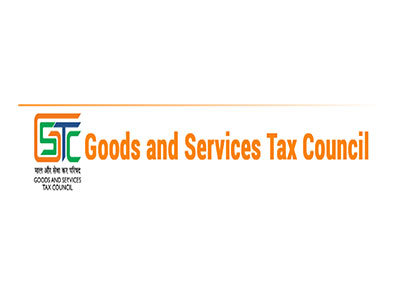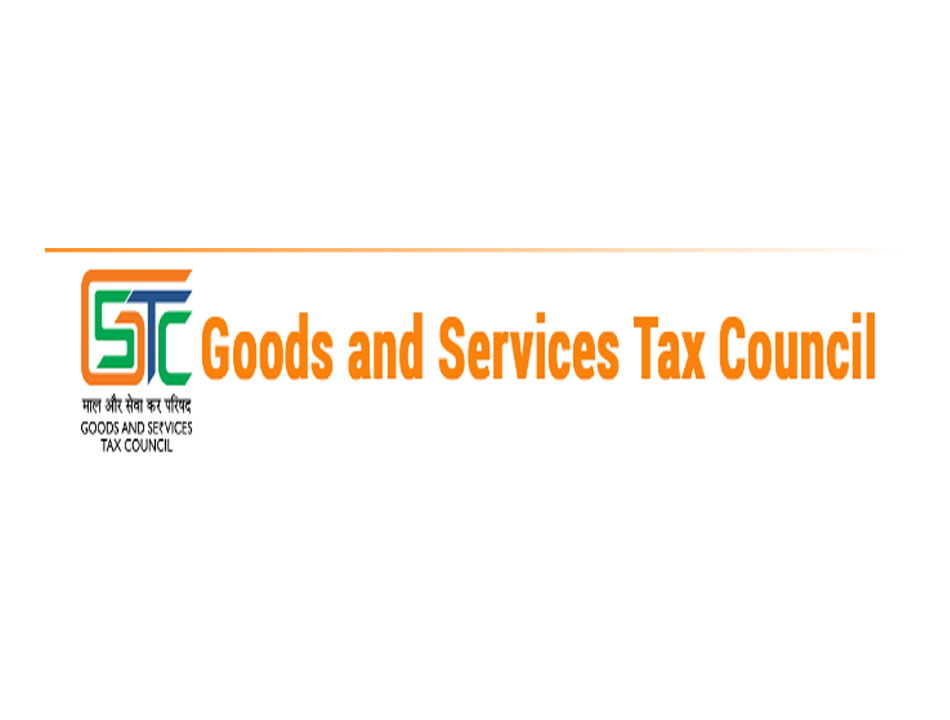
On Friday, Finance Minister Nirmala Sitharaman will chair the Goods and Service Tax (GST) Council's 46th meeting in New Delhi. The meeting's agenda will include a discussion of the newly announced increases in GST rates for textiles, which will take effect on January 1.
On Friday, Finance Minister Nirmala Sitharaman will chair the Goods and Service Tax (GST) Council's 46th meeting in New Delhi. The meeting's agenda will include a discussion of the newly announced increases in GST rates for textiles, which will take effect on January 1.
The Council could also discuss the reports of the two Groups of Ministers (GoMs) that were established at the September Council meeting.
Tamil Nadu Finance Minister P Thiagarajan and Rajasthan Technical Education Minister Subhash Garg confirmed on the sidelines of a separate pre-Budget meeting between Sitharaman, her top officials, and representatives of states and Union Territories that the main agenda of the meeting will be to discuss the rate hike in textiles to correct the inverted duty structure.
“Rajasthan does believe the rate hike on textiles should be rolled back especially when countries like Bangladesh are giving us stiff competition in the sector,” Garg told reporters on Thursday.
“The states received the agenda just yesterday (Wednesday). So a very short notice, and textile seems to be the main point of discussion,” Thiagarajan said
The GST Council voted to correct the inverted duty structure for footwear and textiles at its 45th meeting on September 17 in Lucknow. Following that, the rate for footwear and textiles of any value was hiked to 12% beginning January 1, 2022. Previously, the GST rate was 5% for garment and footwear sales valued up to Rs 1,000 per piece and per pair, respectively.
While experts applauded the action, the apparel industry slammed it, claiming that only a small portion of the business had inverted duty structures. Many trade associations have also called for the rate hikes to be reversed.
Amit Mitra, the former West Bengal Finance Minister, and KT Rama Rao, the Telangana Industries Minister, have previously petitioned the Centre to reverse the proposed GST rate hikes in textiles.
“Modi govt will commit another blunder on Jan 1st. By raising GST on textiles (from) 5 per cent to 12 per cent, 15 million jobs will be lost and 1 lakh units will close,” Mitra had tweeted.
When the end product is taxed at a lower rate than the input raw materials, the problem of an inverted duty structure occurs. However, this frequently results in an increase in the finished product's rate. In comparison to textiles, there has been less pushback to the rate increase in footwear.
The Council had established two GoMs at the Lucknow meeting. One panel, directed by Karnataka Chief Minister Basavaraj Bommai, was tasked with making recommendations for rationalising rates and correcting the inverted duty structure.
The other group was tasked with coming up with ideas for how to assess IT systems, potential sources of evasion, and data analysis in order to broaden the tax base and maximise revenues. Ajit Pawar, Maharashtra's Deputy Chief Minister, is in charge of this GoM.








